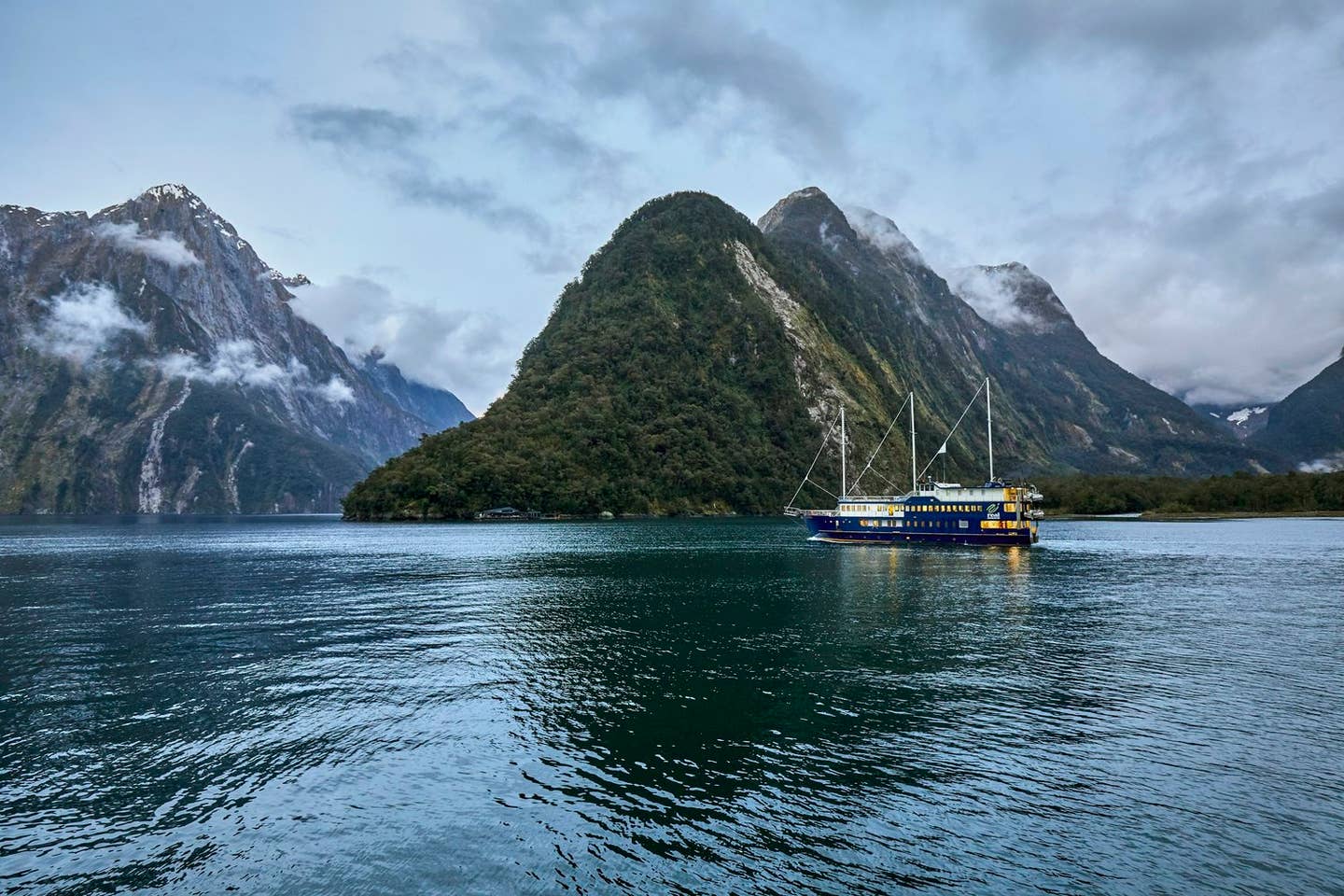On a warm spring night in the heart of Downtown L.A.’s Fashion District, culinary power players, food journalists, and curious strangers gathered inside Caldo Verde, the signature restaurant at the newly renovated Downtown L.A. Proper Hotel. The event, helmed by chef Suzanne Goin and restauranteur Caroline Styne, was inspired by celebrated chef, Leandro Carreira (Mugaritz) and culinary historian Miguel Andrade’s Portugal: The Cookbook.
It all started with a research trip to Portugal in 2019. Suzanne Goin and Caroline Styne of the Lucques Group were planning to open a Portuguese and Spanish-inspired restaurant at the DTLA Proper’s ground level, so they traveled directly to the source in search of inspiration. Goin and Styne connected with Andrade to guide them through Portugal’s rich and varied gastronomic history. At the time, Andrade was developing over 550 recipes alongside Carreira for Portugal: The Cookbook, which is now officially the largest collection of traditional Portuguese recipes translated into English for home cooks.
The historian never expected two of LA’s most respected restauranteurs to consider opening a Portuguese-inspired restaurant in the city, and yet, nearly four years later he sat across from Goin inside Caldo Verde for a conversation moderated by Now Serving LA’s Ken Concepcion.
“I thought [Suzanne and Caroline] were brave,” Andrade said to the crowd at Caldo Verde. “Then I met [Suzanne] and I felt like [she] was so excited about knowing more about Portuguese ingredients and recipes.”
The chefs’ shared passion for Portugal’s internationally influenced cuisine and unique culinary history guided the evening’s discussion topics. The two chefs explained how Portugal’s 16th-century trade routes through South America, Asia, and Africa influenced other nations’ cuisines as much as its own. According to Andrade, the Portuguese introduced the Japanese to tempura (although, he admits they perfected the deep-fried, airy batter) and brought peri-peri chiles from Africa to India. In terms of Portuguese cuisine, many of the spices imported from other parts of the world became essential ingredients in traditional Portuguese dishes including the famed chili-spiced açorda de marisco (bread porridge and shellfish) and the cumin-scented feijoada à portuguesa (Portuguese pork and bean stew). Portugal’s deeply rooted colonial past is partially responsible for this global exchange of flavors. To give proper context to the dishes featured in Portugal: The Cookbook, Andrade consulted various historians and anthropologists to ensure Portugal’s history of slavery and religious persecution was thoroughly addressed within the cookbook’s essays.
Goin spent weeks in the kitchen developing the menu for the May evening’s celebration of Portugal: The Cookbook. With Andrade’s insights and expertise, the two of them came up with a list of 10 dishes that embody the breadth and diversity of Portugal’s cuisine. Styne also worked with Andrade to select an assortment of boutique wines (mostly sourced from Portugal winemakers) to pair with each dish. The evening began with sour cherry cordials along with tempura battered green beans and asparagus dipped in a lush garlic-y sauce, followed by grilled sardines dressed with sautéed peppers, potato cubes, and cucumber. Then came the parade of stews and porridges originating from Portugal’s many coastal fishing communities, each one more decadent than the next. Andrade flew in Portuguese octopus for the polvo guisado riberira do chāo, an aromatic seafood stew, and broad beans for the favas guisadas con enchidos (stewed broad beans) so diners could taste the most authentic version of these dishes stateside.
The xerém de conquilhas (corn porridge with Venus clams) particularly stood out for its creamy almost polenta-esque texture flavored with bits of salty pork that brought a layer of depth to the delicate seafood. To round off the night, Goin served a soft sponge cake with fresh farmer’s market strawberries and a smooth orange flan cooked in Madeira wine. As the buzz of the crowd began winding down, there was one last treat: Portuguese cherry liqueur served in miniature chocolate espresso cups.
After this tour through Portugal’s storied culinary traditions and regional specialties, there was an undeniable feeling of wanderlust in the air. Combining Carreira’s recipes with Goin’s thoughtful preparation and Andrade’s contextual thoughts, the evening at Caldo Verde left everyone with a hankering for a Portuguese getaway. Even if you can’t sneak in a vacation anytime soon, you can always head to the Fashion District for a bite-sized taste of Lisbon.
Portugal: The Cookbook is available wherever you buy your cookbooks or through Phaidon publishing. Caldo Verde is located at the Downtown L.A. Proper Hotel and is available for reservations Monday through Sunday.





